But it is not simply about providing delicious recipes for saffron dishes – it is also about promoting sustainable eating that respects those from all different cultural backgrounds who dedicate their lives to serving fantastic meals in both family homes and 5-star restaurants across the globe.
If you have a special recipe or would like to contribute an article to our blog section, please reach out as we would love to hear from you at [email protected]. We believe everyone has something extraordinary to offer their taste buds!
For now, love yourself and enjoy this one ...
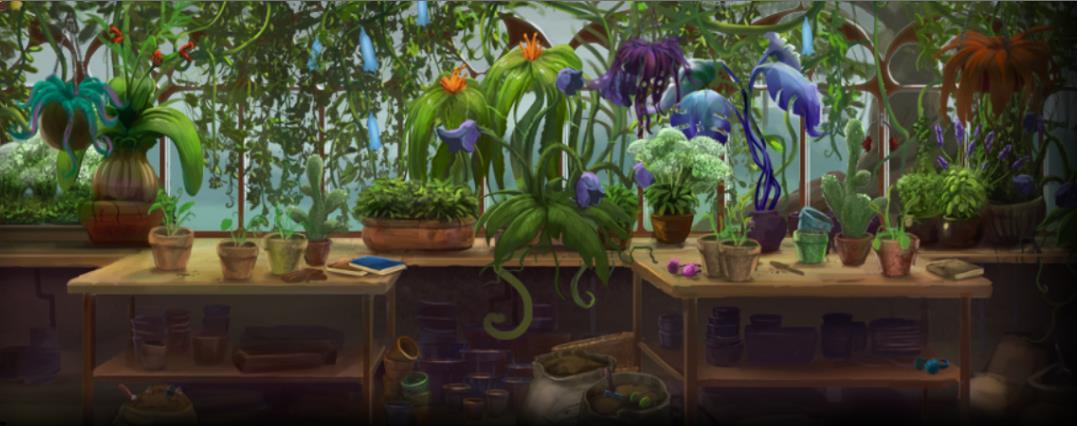
Frequently Asked Questions
What spice is good for inflammation?
Turmeric is one spice that can be beneficial for reducing inflammation. It contains the active ingredient curcumin, which has been studied extensively and shown to have anti-inflammatory effects on the body. Other spices like ginger, cinnamon, cayenne pepper, garlic, and cardamom may also reduce inflammation in the body. Adding these spices to your diet can help reduce inflammation and promote overall health.
Another spice that can be used to reduce inflammation is black pepper. The active ingredient in black pepper, piperine, has been studied and found to have anti-inflammatory properties. It may also help reduce pain associated with inflammation. Additionally, the spice contains antioxidants which are beneficial for overall health.
Adding black pepper to your diet may help reduce inflammation and promote overall health. Be sure to talk with your doctor before adding any spice to your diet, as some spices may interact with your medications or supplements. Eating various healthy foods, including spices with anti-inflammatory benefits, can help keep your body balanced and reduce the risk of chronic inflammation-related illnesses.
In summary, adding spices to your diet can be beneficial for reducing inflammation and promoting overall health. Spices like turmeric, ginger, cinnamon, cayenne pepper, garlic, cardamom, and black pepper have all been studied for their potential anti-inflammatory effects.
How to make herbal remedies at home?
Making herbal remedies at home is easy. All you need is fresh herbs, water, salt, and sugar. You can use any herb, depending on what you want to create.
For example, choose mint, basil, chamomile, or lemon balm to make a soothing tea. If you want to make a cooling drink, try rosemary, thyme, lavender, or eucalyptus.
All you need to do is put all the ingredients into a pot and boil them until they become soft. Strain out the herbs and serve hot.
Add honey to the boiling mixture to make a tonic drink. Honey is a preservative and will keep your herbal remedy fresh for longer.
You can also combine two or three herbs to make a more potent brew. For instance, you could mix equal parts of garlic and ginger to make a powerful antiseptic. Or you can combine equal amounts of turmeric and ginger to make a potent immune booster.
Soak a clean cloth in warm water and place it over the affected area to make a compress. Leave it for 10 minutes before removing it. Do this every day until the swelling goes down.
Make sure you consult your doctor first before using herbal remedies. Some plants may interact negatively with other medications. Also, don't take large quantities of herbs because they can cause side effects.
What herb heals all wounds?
The answer to this question varies depending on the type and severity of the wound.
The herb comfrey (also known as knitbone) has long been used for its healing properties, particularly for skin injuries such as cuts and bruises.
Studies suggest that comfrey contains allantoin, which helps speed up healing. Other herbs commonly used for healing wounds include calendula, plantain, and yarrow. These herbs help to reduce inflammation, stop bleeding and speed up the skin's healing process.
In addition to herbs, honey has also been found to have powerful antimicrobial properties that can help prevent wound infection.
Herbs for wound care is an age-old practice that continues to be used today. However, herbs should not replace medical treatment, and always consult your doctor before using herbs for healing. With the right herbs, you can give your body the support it needs to heal naturally.
Statistics
- The herbs market is highly competitive, with over 1,000 herb suppliers and over 15,000 herbs products available in the United States alone.
- The global herbs market is expected to reach more than $125 billion by the end of 2025.
External Links
[TAG25]
- Ashwagandha | Memorial Sloan Kettering Cancer Center
- Grape Seed | Memorial Sloan Kettering Cancer Center
[TAG28]
[TAG30]
[TAG33]
- Antioxidant capacity of 26 spice extracts and characterization of their phenolic constituents - PubMed
- Cinnamon: A Multifaceted Medicinal Plant - PMC
How To
How to Use Herbs and Spices in Cooking?
Herbs and spices are a great way to add flavor without adding calories. If you've been cooking for years, you already know how easy it is to make even bland foods taste delicious. Try these tips to add more flair to your dishes.
Herbs and spices are essential ingredients in any kitchen. In addition to making food taste better, they also help keep food fresh longer. From enhancing the flavors of soups and sauces to infusing drinks with exotic tastes, herbs and spices go far beyond traditional cooking.
The most important thing to remember when using herbs and spices is to use them sparingly. Even though they may seem like powerful ingredients, they have a strong scent. So, sprinkle them on top instead of piling them onto a dish.
You'll find that the best herbs and spices come in small containers. This makes them easier to measure out, so there won't be any waste. Plus, you'll save money because you won't have to buy large amounts.
Another tip is to avoid placing herbs and spices directly on hot pans. Heat will quickly dry out the herbs and spices, leaving a bitter aftertaste. Instead, place them on paper towels to absorb excess moisture.
Use herbs and spices liberally in recipes where they naturally complement each other. For example, cinnamon pairs well with apples, while garlic complements tomatoes. Once you learn how to combine flavors, you'll be able to create your signature dishes.
Try experimenting with different herbs and spices to spice up meals. For instance, mix thyme, rosemary, oregano, and basil in a bowl. Add salt and pepper to taste. Then toss the mixture with pasta, chicken, or fish.
After the meal, store leftover herbs and spices in airtight jars. This will prevent them from drying out. Also, wrap unused herbs and spices tightly in plastic wrap. They should stay fresh for at least three months.
If you're looking for ways to improve your diet, consider trying new herbs and spices. You can experiment with different blends until you discover your favorite combination. The possibilities are endless!
Resources:
 |
[TAG36]MORE HERBS for Stress, anxiety, and other nervous conditions. #stressrelief #anxietyrelief #stressmanagement Subscribe to my channel: https://goo |
 |
[TAG37]A collection of 7 essential herb seeds for home remedies. This beginner's medicinal herbal seed assortment was hand selected by our friend Sarah Smith from |
 |
[TAG38]I am back from vacation and my garden is totally happily overgrown. Today I am sharing my garden tricks how to keep patio plants happy during vacation. Also, |
 |
[TAG39]In this live recorded pop-up class, I'm going to show you how incredibly easy it is to make herbal infused soap of your very own! If you want a copy of my |
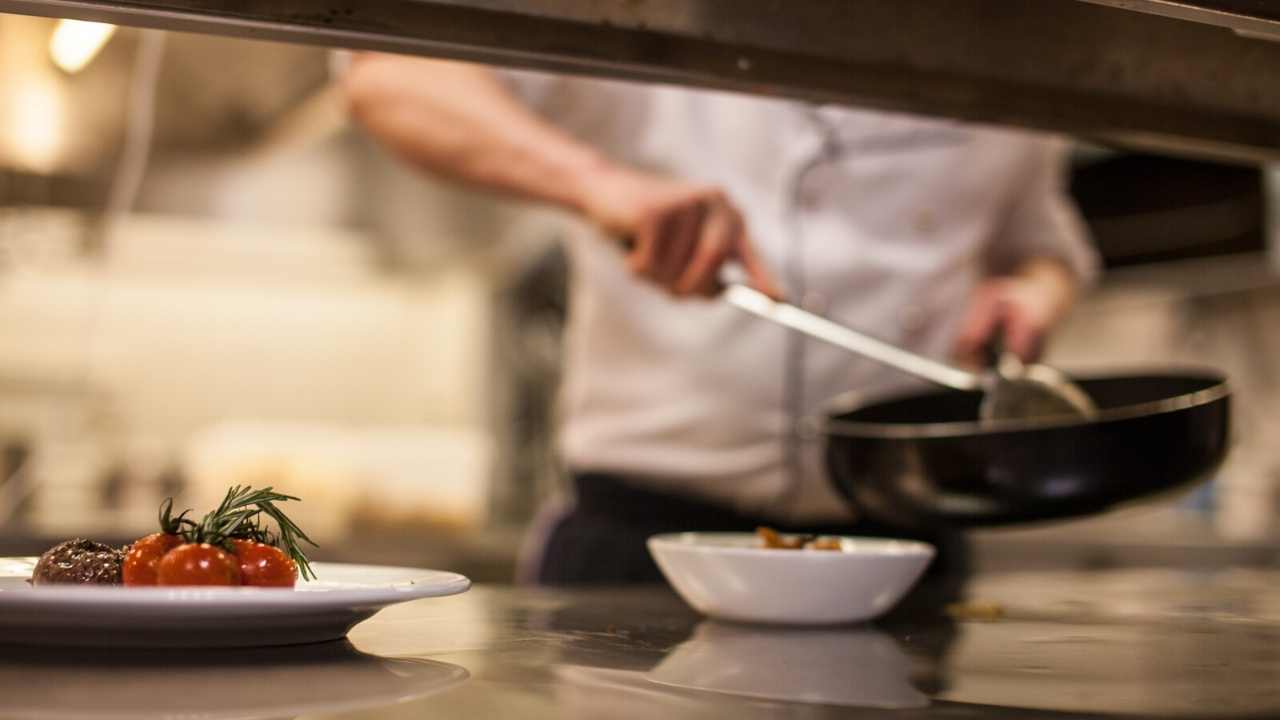 |
[TAG40]Today's video teaches you all about herbs and which ones you need in your home to fight stress, anxiety, depression, AND Cold & Flu as we approach the fall |
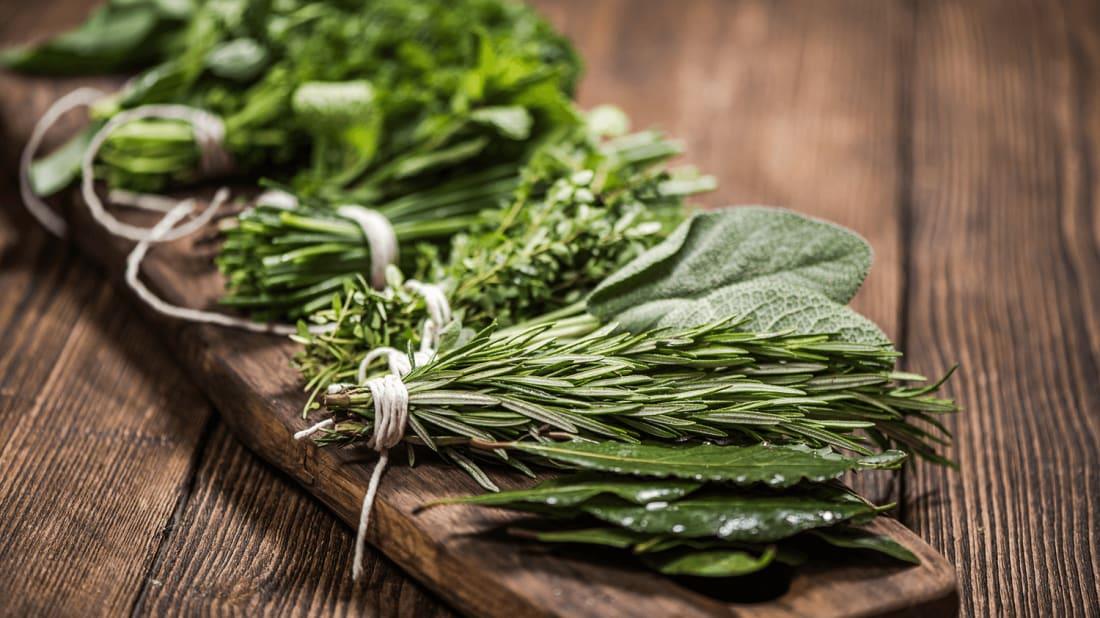 |
[TAG41]Learn herbs from respected professional herbalists offering world-class herbalist training. The NEW Professional Herbalist Course includes courses on over 600 |
 |
[TAG42]#herbalism #herbalmedicine #gardening @harvestright I don’t believe I will ever “NOT” grow Tulsi (Holy Basil) and I can’t wait to tell you all about it! |
 |
[TAG43]If you're looking for a natural way to reduce inflammation, you're in luck! In this video, we're going to show you the real reason anti-inflammatory herbs work. |
 |
[TAG44]Herbal Academy - Herbal Courses: https://theherbalacademy.com/courses-classes/?ap_id=wwfarm Free Crop Planning Calendar: |
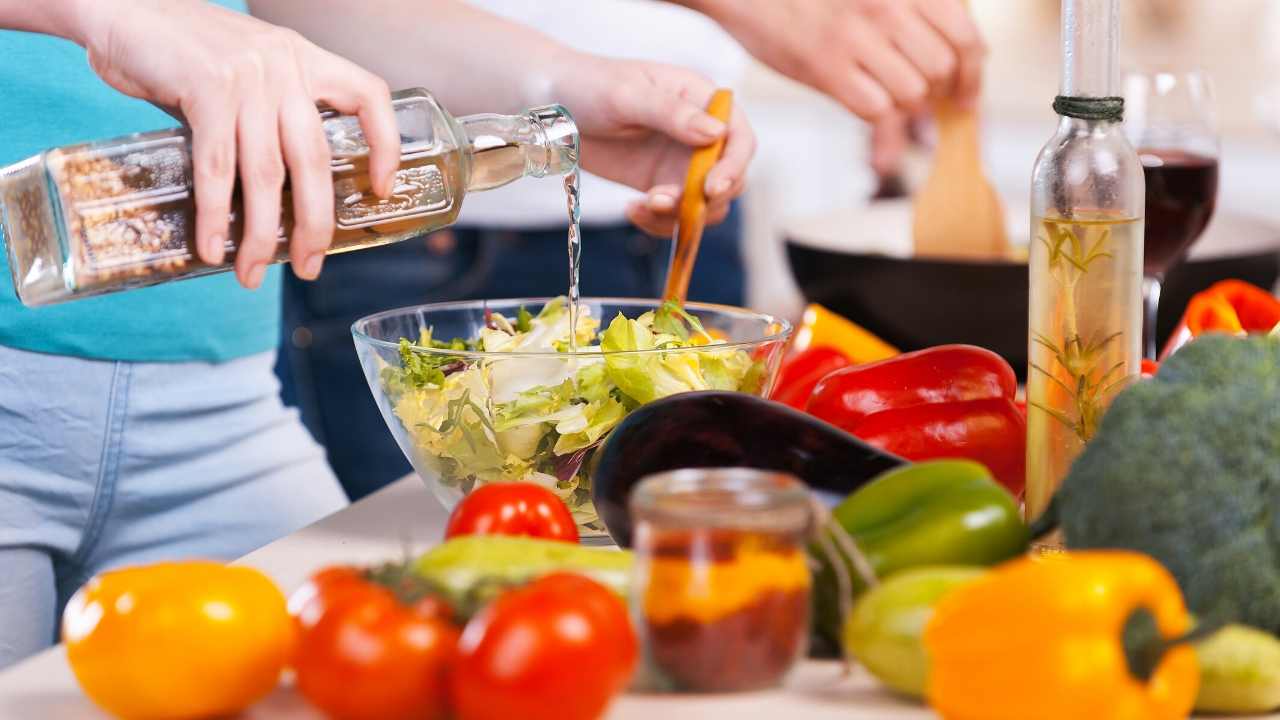 |
[TAG45]Peace Family! On August 16th at 5:37am EST, we have a new moon peaking in Leo before making a quick shift to Virgo within hours. Let's discuss how the energy |
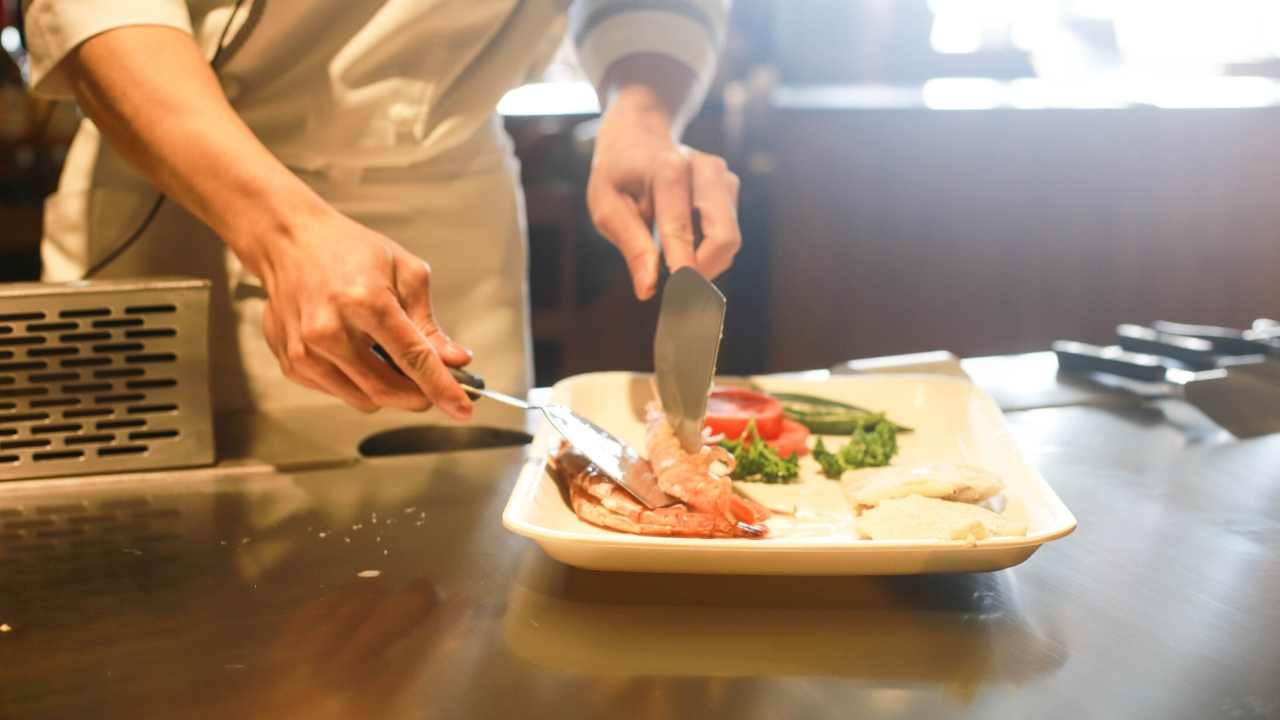 |
[TAG46]Some of my herbs grown in the GreenStalk are ready to be cutback and taken inside, and I'm planting some seeds in the empty pockets while there is still time |
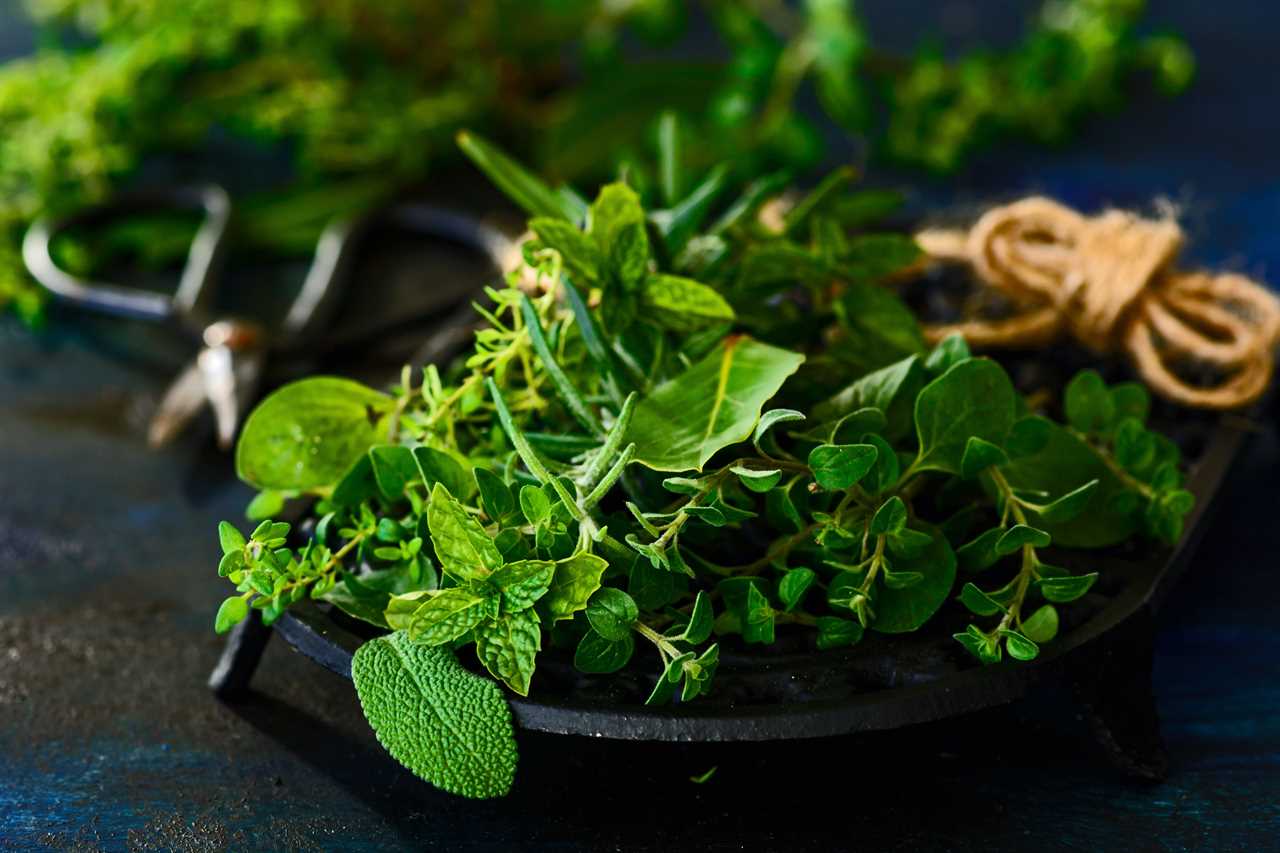 |
[TAG47]Find out more about herbs and how to use them |
 |
[TAG48]Vitex is a medicinal herb that has been used for thousands of years. In this article, we will look at ... Read more |
 |
[TAG49]Cistanche is an adaptogenic herb that has been growing in popularity in recent years. Research suggests that cistanche benefits the ... Read more |
 |
[TAG50]Find out how to make a marshmallow root tea recipe for the best marshmallow root benefits and experience one of our most healing and soothing medicinal herbs! |
 |
[TAG51]Tongkat Ali supplements are becoming more and more popular these days, especially for men looking to enhance testosterone, sexual function, ... Read more |
 |
[TAG52]Reach for chamomile tea to soothe an upset tummy, to relieve stress and tension, and even to promote sleep! + How to avoid unwanted chamomile tea side effects |
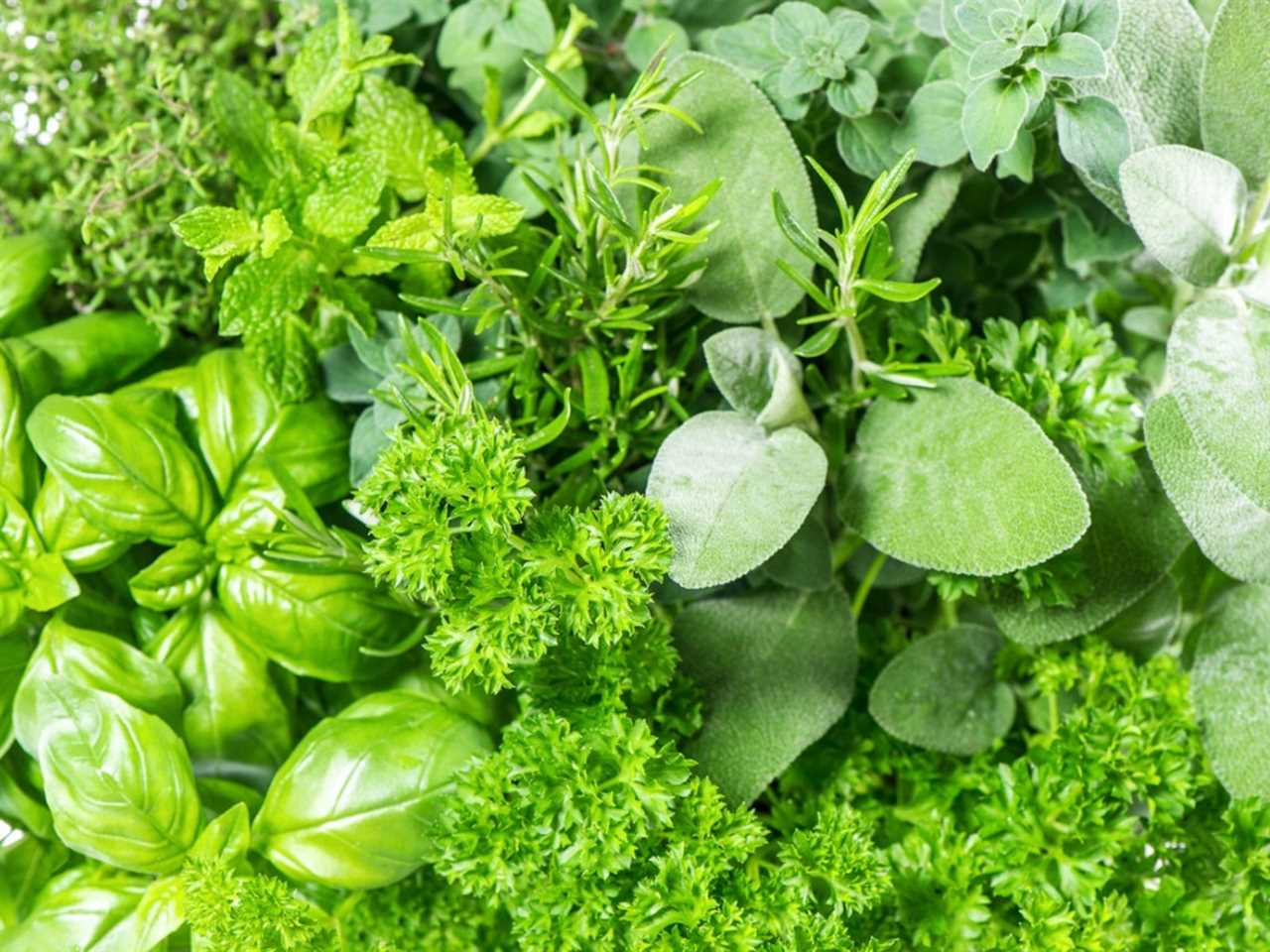 |
[TAG53]Like life, tea is what you make of it and The Cup of Life helps individuals enjoy tea in more than one way. Join me on my tea adventures through my blog! |
 |
[TAG54]BergaMonte® is a trademarked form of citrus bergamot extract. It has the potential to offer greater health benefits compared to ... Read more |
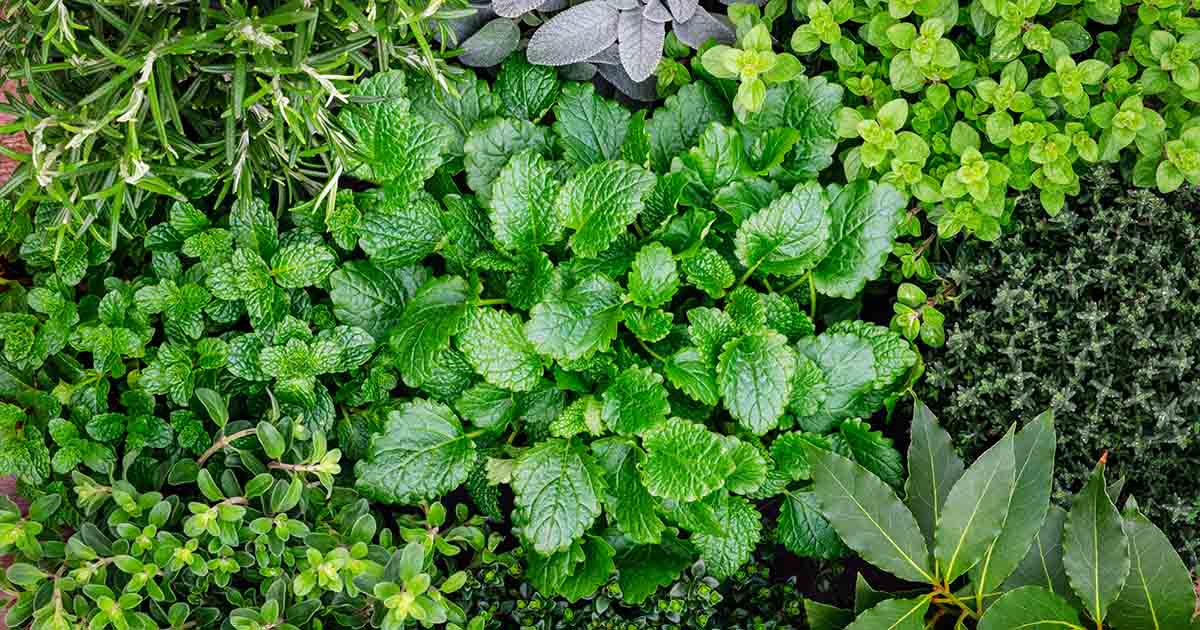 |
[TAG55]Join me in this new episode as I’m sharing my top 6 chamomile plant benefits PLUS I’m sharing a completely underrated remedy: a chamomile oil recipe. |
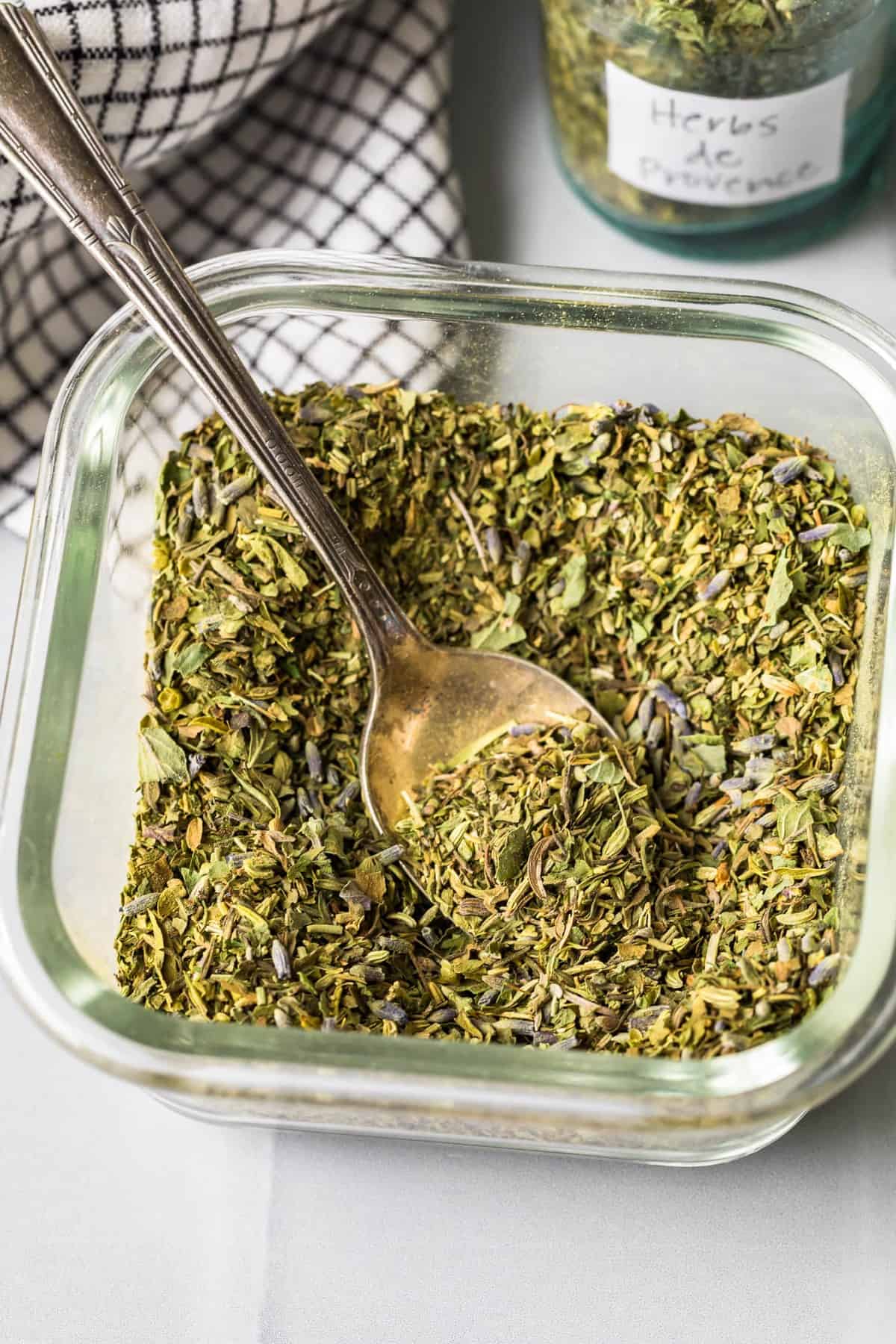 |
[TAG56]Nattokinase supplements have become popular in recent years due to their various purported health benefits. Nattokinase is an enzyme that’s ... Read more |
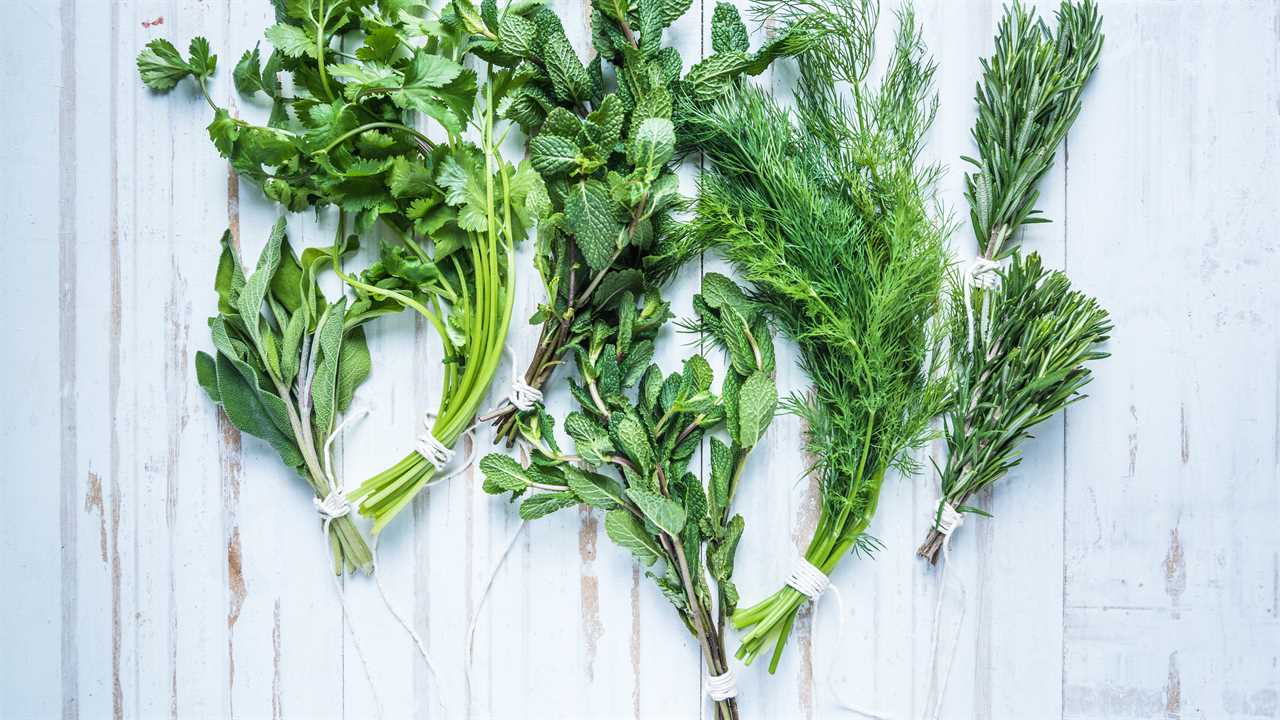 |
[TAG57]Tune in for this new episode and I think you’ll love hearing Jesus share memories of how his grandmother turned to Mexican oregano for food and medicine. |
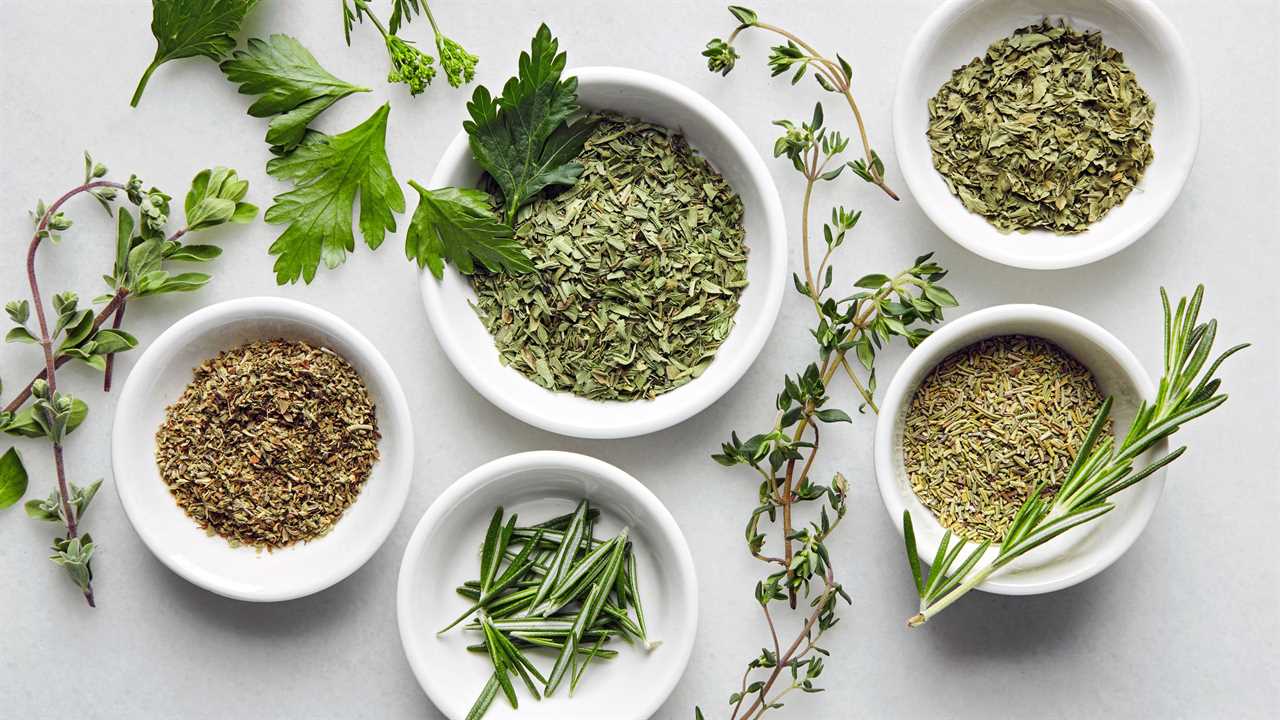 |
[TAG58]Wouldn’t an herb that shines for menopause support and more be a wonderful ally? That's exactly what red clover benefits do! Find out more in this new episode. |
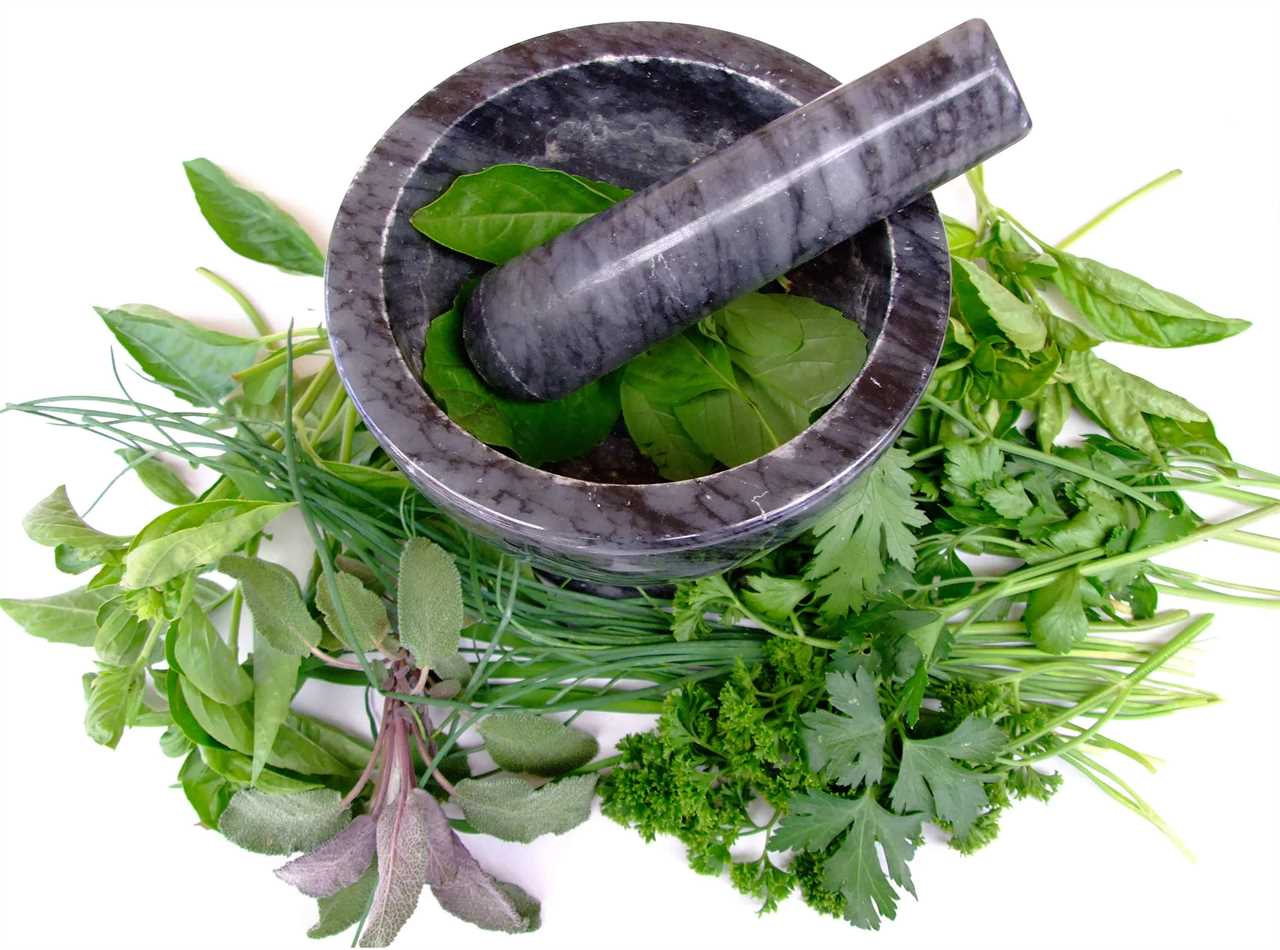 |
[TAG59]A tea assessment platform that rates teas based on objective quality markers and a sensory evaluation resulting in a list of the best teas produced each year. |
Did you miss our previous article...
https://belovedsaffron.com/herbs/agrimony-the-tense-but-relaxed-remedy
.png)





